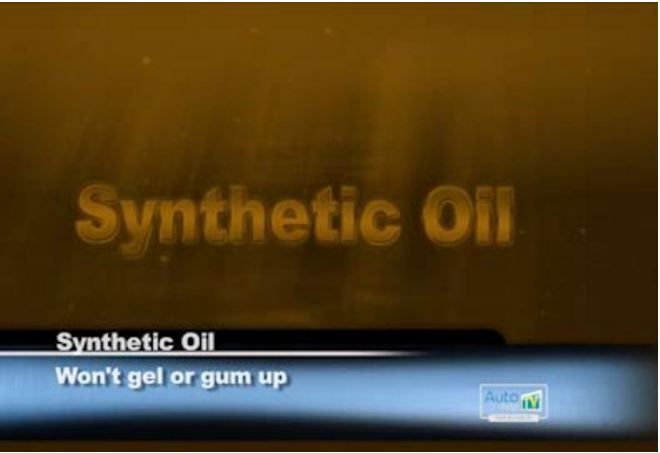Posted on 12/17/2017

Super Slick: Synthetic Oil When you get an oil change, it's always a safe bet to just use the type of oil the manufacturer recommends. But sometimes we're asked if we'd like conventional or synthetic motor oil. We glance at the price tags on the two options and choose the cheaper one. But in this case, the more expensive oil might be the better bargain for HURST drivers. Conventional oil is made from petroleum. Its molecules form long hydrocarbon chains. Synthetic motor oil is either more highly refined petroleum or completely man-made. Its molecules are more uniform. This provides advantages over conventional motor oil. First of all, the molecular structure of synthetic motor oil makes it more slippery than conventional oil so it lubricates better. This translates to better wear protection for HURST drivers, cooler ... read more
Posted on 12/7/2017

Nighttime Visibility There are a number of factors that contribute to the high nighttime accident rate in the HURST area, things like drowsy driving and a higher rate of impaired driving. Without a doubt, visibility is a major contributor. Let's focus on visibility… It's said that 90 percent of our driving decisions are based on what we see. Nighttime driving has the effect of reducing 20/20 vision to the equivalent of 20/50 vision. What you could clearly see at 50 feet in daylight can't be seen until you are just 20 feet away at night. Too make sure your headlights are giving you the greatest visibility, visit us at Honest - 1 Auto Care - Hurst, TX, located at 908 GRAPEVINE HWY, HURST, TX 76054. Please give us a call to make an appointment: 817-369-3921. Accident avoidance is dependent on reaction time. Reaction ti ... read more
Posted on 12/4/2017
Positive Crankcase Ventilation Valve Did you know that the first federally-mandated emissions control device was introduced in the 1960's? The Positive Crankcase Ventilation valve, or PCV valve, has been installed in TX vehicles since 1964 and represents the first legislation by the United States government to regulate harmful emissions as well as to improve performance in the country's vehicles. The PCV valve, as you can probably guess, is located on the crankcase. The crankcase is the lowest part of a vehicle's engine. It houses the crankshaft and the engine oil. The crankshaft connects to the pistons that power the engine. Pistons are pushed down when fuel is burned in an engine. This causes the crankshaft to rotate, which sends power to the transmission. It ultimately turns the axles and causes the vehicle to move. Some of the gases released by the burning fuel squeeze around the pistons and down into the crank ... read more